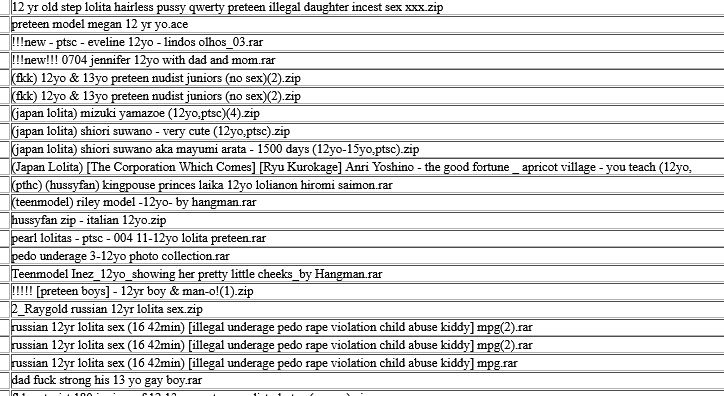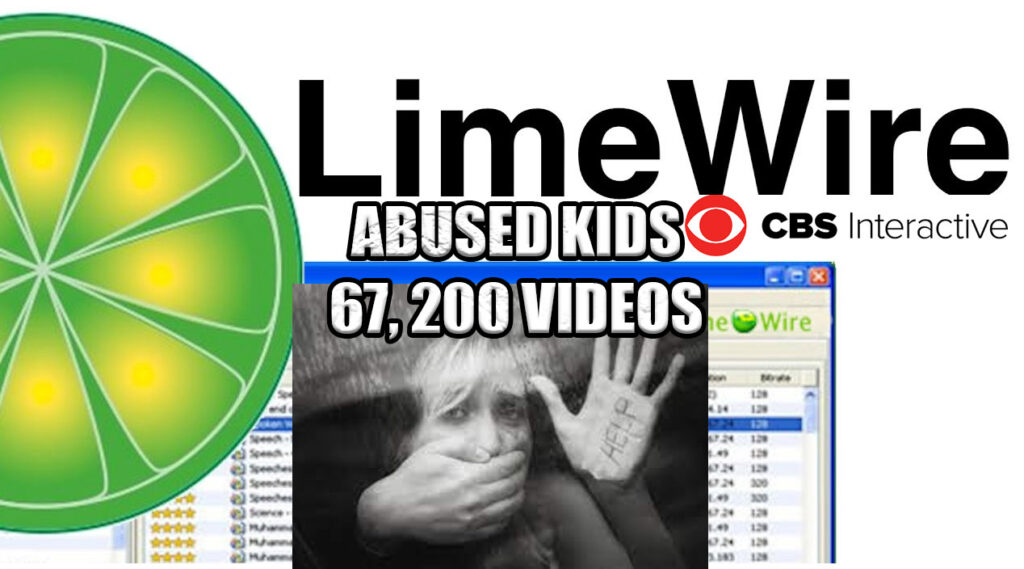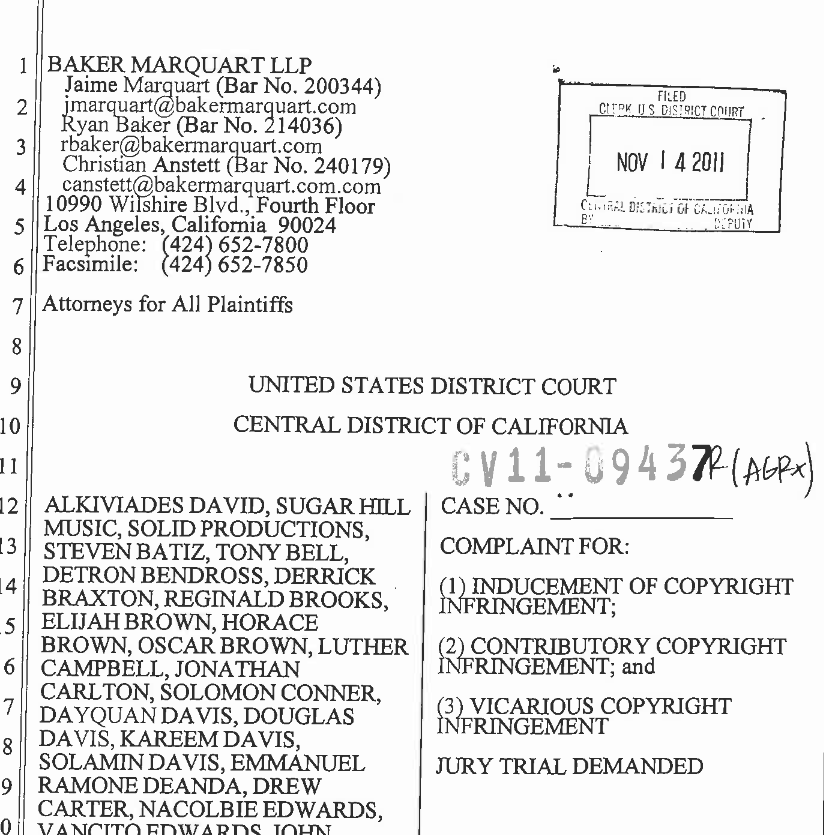
Shari Redstone Knew, and She Ignored Two Judges’ Orders

Redstone and Moonves: Twin Legacies of Scandal
Both Shari Redstone and Les Moonves have been named in court filings and public investigations tied to Paramount/CBS. Moonves, once hailed as the king of network television, was forced out in disgrace under a barrage of sexual misconduct allegations that rocked CBS to its core.
Redstone, meanwhile, has repeatedly played her favorite card — calling “ME TOO SCANDALS” whenever confronted with allegations that cut too close to the truth. But unlike Moonves, who was publicly ousted, Redstone has maneuvered to shield herself behind corporate spin, mergers, and Wall Street narratives.
Together, they represent a dynasty where power was protected, abuse was silenced, and accountability was always delayed.
Fifteen years ago, Judge Kimba Wood ordered that LimeWire — the notorious file-sharing service rife with Child Sexual Abuse Material (CSAM) — be disabled and removed from distribution platforms like Download.com.
Shari Redstone’s empire ignored the order.
She Knew, and She Ignored Judge Kimba Wood’s Order And Then Ignored The Supreme Court of the Eastern Caribbean
And today, as our September 11, 2025 screenshot from Download.com proves, LimeWire is still there, rebranded, revived, and marketed under Paramount-connected channels.

The page boasts about “AI-driven features,” “end-to-end encryption,” and “blockchain decentralized storage.” What it doesn’t mention: LimeWire was, and remains, a known vector for trafficking networks and CSAM exchange.
The $8.4 Billion Exit
Meanwhile, Shari Redstone exited Paramount with an $8.4 billion Skydance merger, hailed on Wall Street as a masterstroke. She cashed out, leaving the new owners to polish a tarnished brand — while the old crimes were never reckoned with.
But in Antigua, in case ANUHCV2025/0149, she is in default. Personally served in both London and New YorkShari Redstone-1redstone.NY-1, Redstone never filed a defence. Antigua now frames her silence as admission.
The LimeWire 2.0 Illusion
Even more shocking: LimeWire 2.0 has been repackaged as an NFT marketplace. The same brand, the same networks, now dressed up as a digital collectibles platform.

- Investors and media monopolies, including Universal Music Group (UMG), have lent their support.
- The platform markets itself as “modern” and “safe,” yet its DNA is unchanged: a distribution system born out of trafficking and illicit material.
- The rebrand isn’t a break from the past — it’s a continuation. The same players, the same set-up, propped up by the same monopoly media system.
Two Realities
- Wall Street Reality: Redstone exits with billions, celebrated as a dealmaker.
- Antigua Reality: Redstone defaults in the Supreme Court of Eastern Caribbean, tied to decades of child trafficking pipelines.
- Download.com Reality: LimeWire, ordered shut down by a federal judge, is still offered today.

- Shari Redstone was not only served once, but twice: first at Paramount Global’s headquarters in New York (1515 Broadway), and again at Paramount’s offices in London (5 Chiswick Park, Chiswick High Road).
- Both services are on record — meaning there is no escape route. In Antigua, her silence places her in default. In London, under reciprocal enforcement, the judgment will be cured and recognized, exposing Redstone to enforcement across UK and EU jurisdictions.
The Legacy
History will not remember Shari Redstone as the woman who saved Paramount. It will remember her as the executive who:
- Knowingly facilitated trafficking and CSAM for decades
- Defied Judge Kimba Wood’s order
- Allowed LimeWire to be reborn as LimeWire 2.0, laundering its brand into an NFT marketplace with backing from monopoly media giants like UMG
- Defaulted in Antigua when finally called to account.
- This isn’t the first time CBS and its executives have been called out. Back in 2011, a federal complaint filed in the Central District of California (Case No. CV11-09437) named CBS/Viacom and its digital arms as defendants for inducement, contributory, and vicarious copyright infringement.
- Attached exhibits in that case catalogued not only pirated music but also horrifying CSAM file lists circulating through platforms tied to CNET/Download.com. The complaint spelled it out: CBS knew its properties were being used to distribute child abuse material — and still profited from the traffic.

- The case should have been the wake-up call. Instead, it was buried.
- Well, here we are again. History repeats itself. Antigua’s claim today is the continuation of that same thread of culpability — CBS, Paramount, and Redstone at the center of a system that knowingly monetized exploitation.
- When whistleblowers and plaintiffs put the receipts online at CBSYOUSUCK.com, it was a digital graveyard of evidence: torrents, file lists, and screenshots showing how CBS’s own platforms facilitated piracy, trafficking, and even Child Sexual Abuse Material (CSAM).
- The response from the network was predictable — they tried to take it down. Corporate lawyers went after the site, threatening hosts and search engines, attempting to scrub the archive. But by then the damage was done: the truth was public.
- What CBSYOUSUCK.com proved is what Antigua’s courts now echo — that CBS and its successors knowingly turned their platforms into pipelines of exploitation, and only moved to erase the evidence once they were caught.
New York Default
London Default